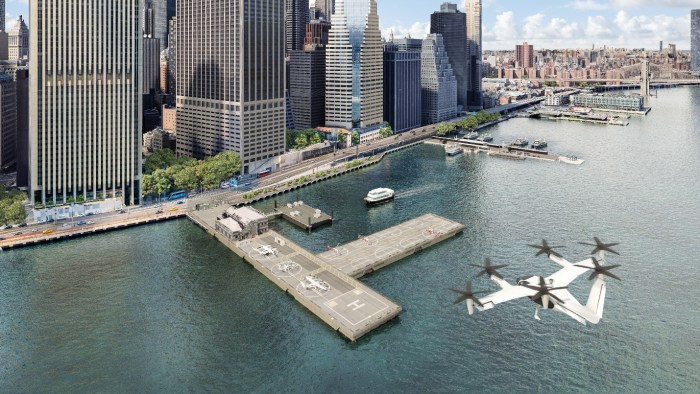
Advocates and elected officials rallied outside MTA headquarters Wednesday against the next round of fare and toll hikes slated for next year, signaling the fight to come as deliberations on the increases begin.
Opponents charged Gov. Andrew Cuomo and state lawmakers with finding enough new revenue streams — through the likes of congestion pricing or taxes — to stave off next year’s hikes, stabilize the MTA’s financial footing and improve service.
“We’re asking the elected officials to do their jobs before they ask millions of New Yorkers to pay more,” said John Raskin, executive director of Riders Alliance. “They’re going to go back to Albany this coming January and debate the state budget and we’re calling on Governor Cuomo to put in his state budget a strong congestion pricing proposal as part of a package of revenue streams that can fund mass transit.”
The MTA is planning for another round of fare and toll hikes in early 2019 to help close its large budget gaps. In grim financial standing, the state-controlled authority believes it will need the hikes as well as several new sources of revenue to help cover operating and capital expenses. It’s crafting a capital plan for the next five years that is expected to cost roughly $60 billion — nearly double the last five-year plan — in order to help modernize bus, subway and accessibility services.

But with a hike, the authority would be testing the nerve of subway and bus riders who have already endured five fare and toll increases since 2009, during which subway and bus service has plummeted to crisis points. The MTA’s board will begin discussing the hikes Thursday and will vote on increasing fares in December. Several of its members have expressed the desire to avoid another toll hike, but at the same time the MTA’s budget forecasts have been increasingly grim.
Cuomo, who has publicly stated support for a congestion pricing plan in Manhattan’s central business district, said during a gubernatorial debate in August that he is in favor of canceling a fare hike. But he said it could only be possible with new funding from the city, a notion de Blasio had rejected.
“I would support canceling the fare hike because the service is not what people deserve,” Cuomo said during the debate. “It has to be a joint funding responsibility between the city and the state. By law . . . New York City owns the New York City Transit Authority.”
State Sen. Brad Hoylman (D-Manhattan) put sole onus on the state to fund the MTA and said that he was confident that the new Democratic-controlled State Senate would make the matter a priority.
“Albany has to do its part before riders foot the bill,” Hoylman said. “It’s the responsibility of the state of New York to invest in mass transit.”
Hoylman’s colleague, State Sen. Brian Kavanagh (D-Manhattan), also said that MTA funding would be a “fundamental” concern for the Senate this next session and was more hopeful with Democrats at the helm.
“This is the beginning of a new conversation with a new alignment in Albany,” he said. “The bottom line is we need to figure out how the system is going to be adequately funded.”


































